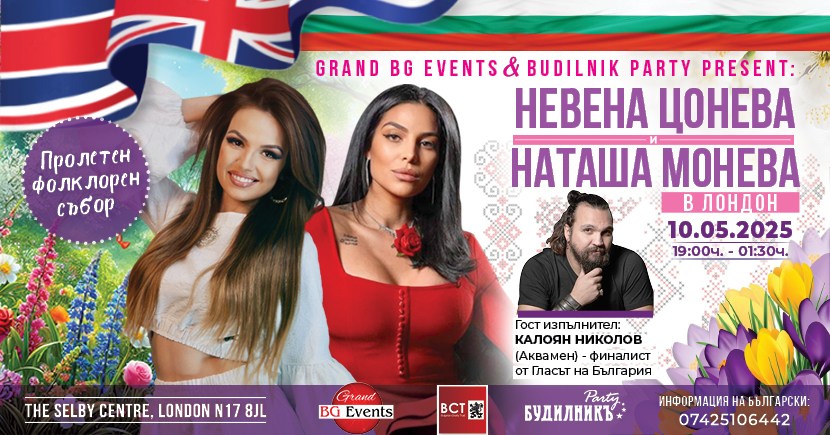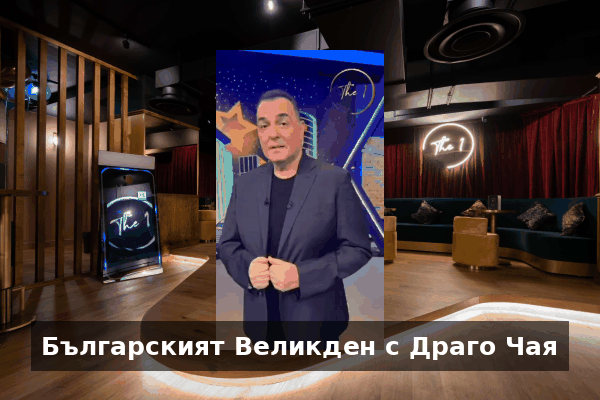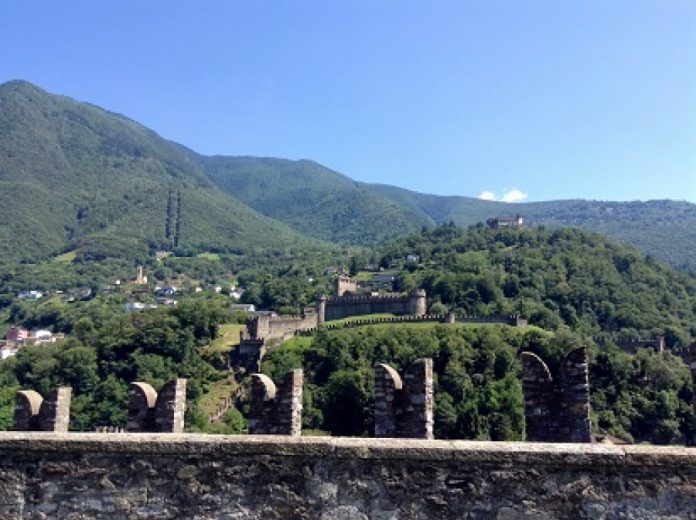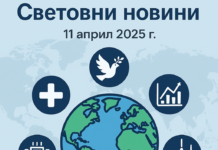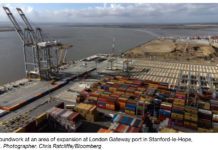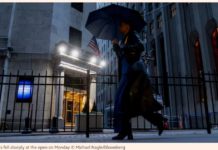By Rumy Vakarelska Exclusive feature from Locarno – part 2
My short holiday to Ticino, in Italian Switzerland, happened almost by mistake, as I have not booked my summer holidays on time, but looking for a place where weather and prices are both agreeable when flying from the UK, Switzerland seemed a good place to go for.
This was also my fourth trip to this part of the world, but the first totally unplanned one and in the summer when seemingly boundaries are more easily broken and one could see and experience better the culture and the landscape of a place, while testing one’s ability to fit into new natural or urban settings.
Mountains and the lakes come one after the other as a train dashes from Milan in neighbouring Italy to my destination, Locarno.
Once I was there, things worked well, although to escape the humidity by the lakes it might be best to go East to Tenero, a smaller town surrounded by three sides from mountains and only on one by the same lake, making it a favourite place for large camping sites and all kinds of outdoors activates. Among the locals, both young and old, everyone swims in the lake’s coldish water, while universally most people seem to be very active and practice all kind of sports, using also abundant open air swimming pools. Others sky dive, sail, boat, play tennis or skate. Most young children walk with small rucksacks independently without complaining, an impressive site. Local state schools are the preferred choice at any age, giving young people good roots in the community.
Towards the end of my trip, I tried to draw possible comparisons with Bulgaria. The late great actor-singer Todor Kolev used to sing a song saying ‘when shall we catch up with the Swiss’ and most of us like himself will say, never. Bulgaria is also never going to be a neutral country either. But if we find a way to make central and local government put community interests in the middle of what they do, then Bulgaria will become more like Switzerland for its own sake.
In Ticino, one could go by using Italian and German, French is almost not spoken at all and young people may speak a bit of English. However, that never interrupted communication as at most parts Swiss do very well with their visitors also knowing that their tourist industry depends on them. There seemed to be no seasonal workers in the tourist industry or a job that is not important enough to be done well. However, I wondered if the lack of spoken English at large was also a statement that the Swiss like things to stay local. The Swiss certainly respect their rules and apply them to their guests. They live for the outdoors and, having a similar landscape to Bulgaria, one can wonder why the average Bulgarians are not more sporty regardless of age and status. Business regulation seemed to be less flexible than in the UK, but it does exist, making both business and society work better together.
A number of festivals were also a big local authority employer, pushing businesses’ CSR and investment in those, while promoting an excellent market for local produce, links, good spirit and a sense of responsibility and belonging. On August 1, community parties across the country took place, offering free meals and drinks, music and full access to any visitors. I shook hands with Locarno’s Mayor, as he came to each table to say ‘hello’ to his guests. In London, I hardly know who is in my local government and I have most certainly never shared any celebrations with them. The same goes to my local council in Bulgaria, where I have only heard from the taxman.
Bulgarians abroad cannot vote in local elections coming up in September, unless being present on election day in the country, while the Bulgarian expats also pay punishing tax over their properties, which they also call ‘home’. They pay more as these places are not their main residences, instead of attracting them back in one way or another, especially in involving them in local interests and communities. Those who work as expats feel strongly the need for this connection.
Ahead of the local elections in September, the Bulgarian communities should take the situation in their hands and start creating written and unwritten rules about community and everyday life, as the role of the state and centralised power seem to work best when local residents take the lead. Trying to raise these issues with my Council’s Ombudsman in Sofia not long ago brought no result or satisfaction, but in either case, communities’ participation in the big Bulgarian cities and less so in the country is not taken seriously outside election times. The Bulgarian expat community should be allowed to vote distantly in local elections, (although the lack of this opportunity is almost universal across the EU), due to its importance for the local economy and its overall influence on Bulgaria’s transition as a society since 1989.
Similarly to what the Greens do to tackle a local issue in Bulgaria, most communities could unite around their key interests. However, for the time being, local government in Bulgaria is a matter of central government policy and EU countries differ from each other in the way they have devolved power, often regionally, but not locally.
The level of acceptance to the newcomer or just the visitor was astounding as we happen to celebrate the Swiss National holiday twice. In a small town just outside Locarno, a day before the big national holiday party in Locarno, we were sharing almost a family experience with another 70 or 80 people at an evening party at the Locarno Lake under the stars. This acceptance is unheard and unseen in Bulgaria or in the UK.
Bulgaria is better in changing its ways than Britain and used to be once a hospitable place. I do not quite agree with the Swiss political neutrality or their renowned tax regime favouring the superrich, as well as the acceptance of any kind of investment in the deep pockets of its protective banks. But I take my hat off to the community spirit, the respect for each other and for their almost always sensible rules.
The Bulgarian visitors I meet on my way are as relaxed and fitting into the big picture as I am. A few Swiss I spoke to knew quite a lot about Bulgaria and expressed an interest to visit. By this they did not mean they are keen to board charter flights in groups, the type of summer holiday makers Bulgaria’s tourist industry is still heavily focusing on. Some knew about Bulgarian music and the Bulgarian rose oil, so I gave them drops of the precious substance I always carry in a small purse. Ticino’s capital Bellinzona, a historic city of just 18,000 people (pictured), reminds me strikingly of Veliko Turnovo, but is much smaller and is possibly less imposing. Twinning similar cities in Switzerland and Bulgaria where this is not yet done might be a good start for positive exchanges.
Big cities like Sofia will have to define their own smaller areas and towns within the city, similarly to London, so communities get heard and where ordinary citizens matter. As I leave, the Locarno Film Festival starts and my face-to-face experience with local life in Switzerland is vanishing, as hundreds of members of the film industry, the press and the public arrive on the hour on busy trains, making me discover UK’s and Bulgaria’s participation in the second oldest film festival in Europe after the one in Venice. The public gets a few completely free shows in Locarno’s Piazza Grande, holding 3000 seats and ushers hand free bottles of water to each newcomer. Back in London, I find that the small gifts I bought in Bellinzona as a memory from Switzerland were made in Bulgaria. End of part two.
